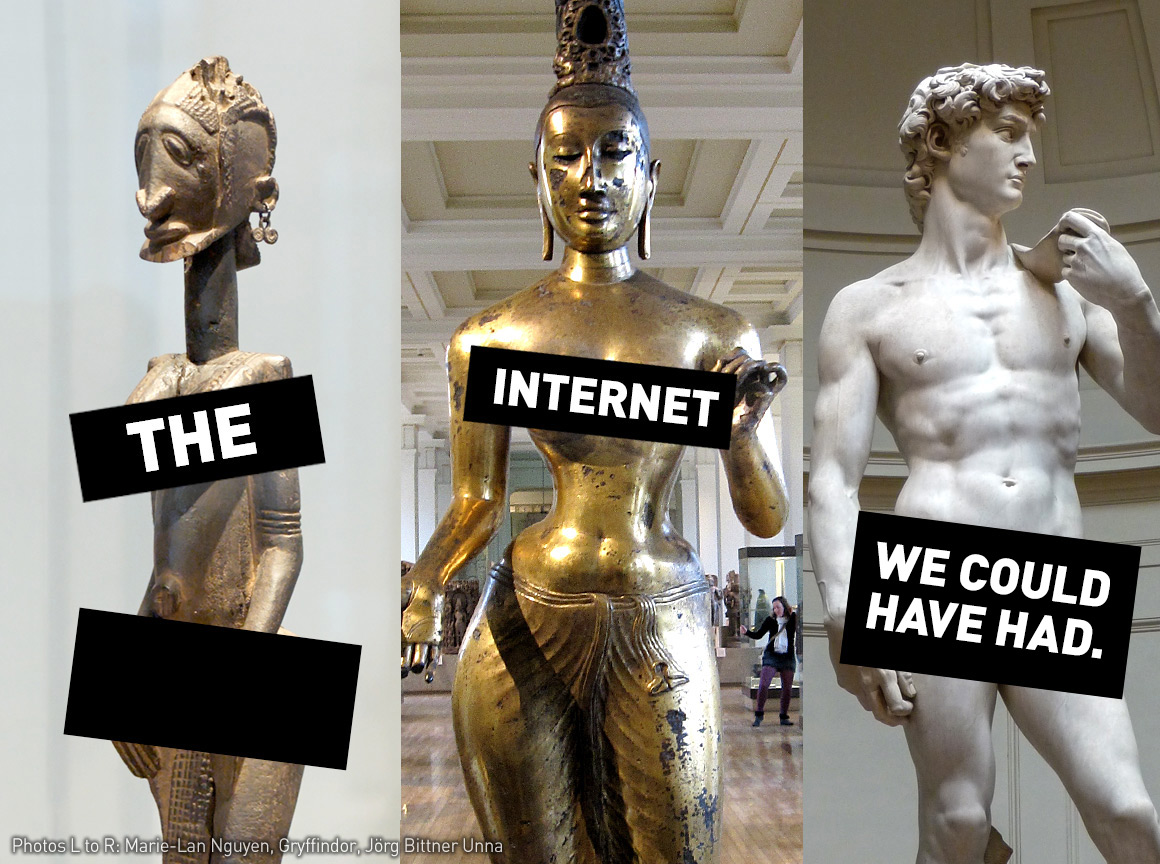
Reno v. ACLU — Challenge to Censorship Provisions in the Communications Decency Act
What's at Stake
In 1997, the Supreme Court ruled in Reno v. ACLU that the federal Communications Decency Act (CDA) is an unconstitutional restriction on free speech. The landmark ruling affirmed the dangers of censoring what one judge called "the most participatory form of mass speech yet developed."
Summary
The law, passed in 1996, made it a crime, punishable by up to two years in jail and/or a $250,000 fine, for anyone to engage in online speech that is "indecent" or "patently offensive" if the speech could be viewed by a minor. The ACLU argued that the censorship provisions were unconstitutional because they would criminalize expression protected by the First Amendment and because the terms "indecency" and "patently offensive" are unconstitutionally overbroad and vague.
The government appealed the case to the Supreme Court after a federal three-judge panel ruled unanimously that the law unconstitutionally restricted free speech. A later suit, filed by the American Library Association, was consolidated with Reno v. ACLU in the lower court.
In a landmark 7-2 decision written by Justice John Paul Stevens, the court ruled that the CDA placed an "unacceptably heavy burden on protected speech" that "threaten[ed] to torch a large segment of the Internet community." The court also wrote that "the interest in encouraging freedom of expression in a democratic society outweighs any theoretical but unproven benefit of censorship."
The 20 plaintiffs in ACLU v. Reno represented a wide variety of online users, content providers, and Internet service providers, including Human Rights Watch, Planned Parenthood, EFF and EPIC (national cyberspace rights groups), Critical Path AIDS Project, Wildcat Press (a gay and lesbian publisher) and the ACLU itself. ALA v. DOJ plaintiffs comprised nearly 30 organizations, including the American Library Association, various internet companies, public interest groups, commercial and non-commercial content providers, and more than 50,000 individual Internet users.
Legal Documents
-
Reno v. ACLU - Complaint
-
Reno v. ACLU - District Court Opinion
-
Reno v. ACLU - Affidavit from ACLU
-
Reno v. ACLU - Affidavit from EPIC
-
Reno v. ACLU - Affidavit from Christopher A. Hansen
-
Reno v. ACLU - Affidavit from ClariNet
-
Reno v. ACLU - Supreme Court Decision
Press Releases
ACLU Hails Supreme Court Victory in Internet Censorship Challenge
ACLU Background Briefing - Reno v. ACLU: The Road to the Supreme Court
ACLU Sends Supreme Court Passionate Defense Of Free Speech in Cyberspace
Supreme Court Hears Arguments Today on the Future of Free Speech in Cyberspace